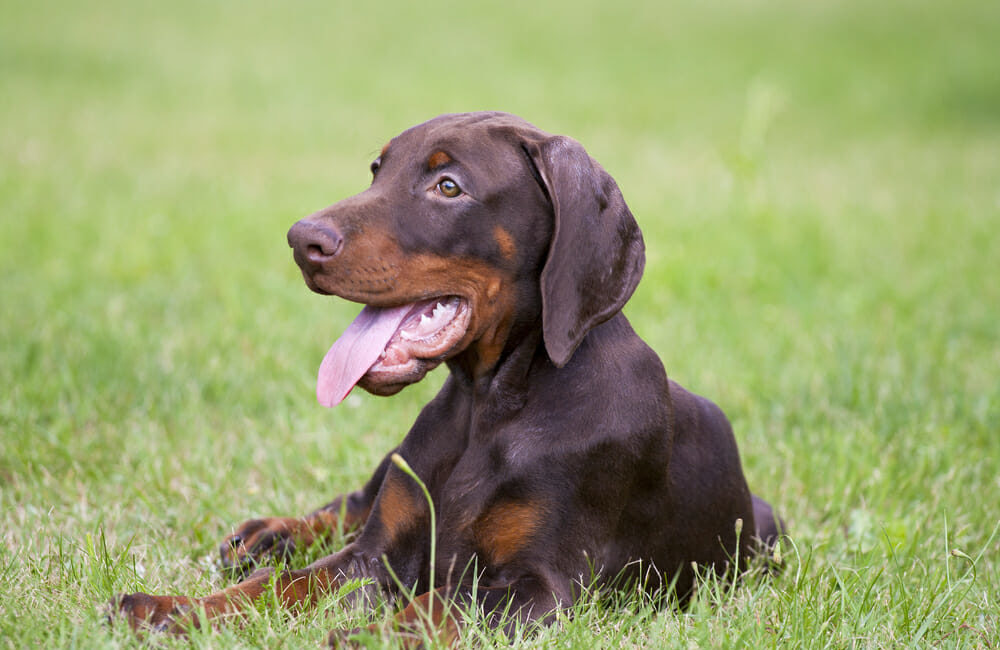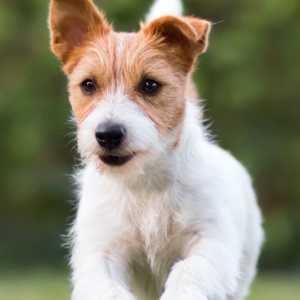Canine parvovirus is a highly contagious virus that affects dogs, especially those that are young or unvaccinated. Signs such as vomiting, lethargy, not eating food and fever are common. However, the most common is severe, bloody diarrhea that has a very distinct smell. There is also a second type that attacks the heart muscles of fetuses and very young puppies but is uncommon.
The intestinal form affects the body’s ability to absorb nutrients, and they become dehydrated and weak very quickly — it is often fatal.
It is passed by contact with another dog with the virus or contact with an infected dog’s stool. Even if that stool is brought into the home from your shoes, it is still viable. Shelters, kennels, dog parks, and any place there could be many dogs are places of increased risk. They don’t know why, but some breeds of dogs are more likely to get the virus. They include Rottweilers, Pit Bulls, Dobermans, and Labradors.
It is treatable with ‘supportive treatment,’ but there is no cure for it – it is a virus. Supportive treatment means that we treat the issues of the illness — intravenous fluids, medications, hospitalization, and rest. We need to keep the dog hydrated, especially as it is losing so many fluids with diarrhea and vomiting. The survival rate is 70% for dogs treated in hospital. However, it is much lower for young puppies. Puppies immune systems have a tougher time fighting the virus.
Prevention is key with parvovirus. Vaccination for puppies starting as young as 6 weeks, with boosters 4 and 8 weeks later. High-risk breeds should consider even another booster. Keeping your pet away from areas of increased risk (at least until considered well vaccinated) and maintaining clean areas of the stool to avoid continued contamination.
Written by: Lisa Clifford RVT, Practice Manager




